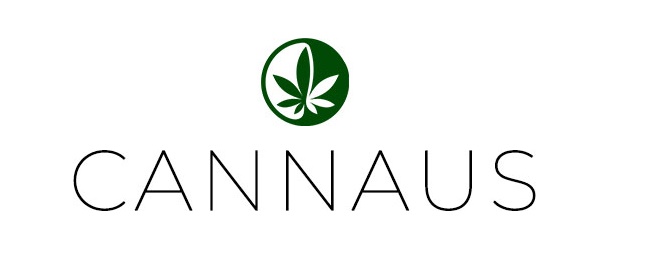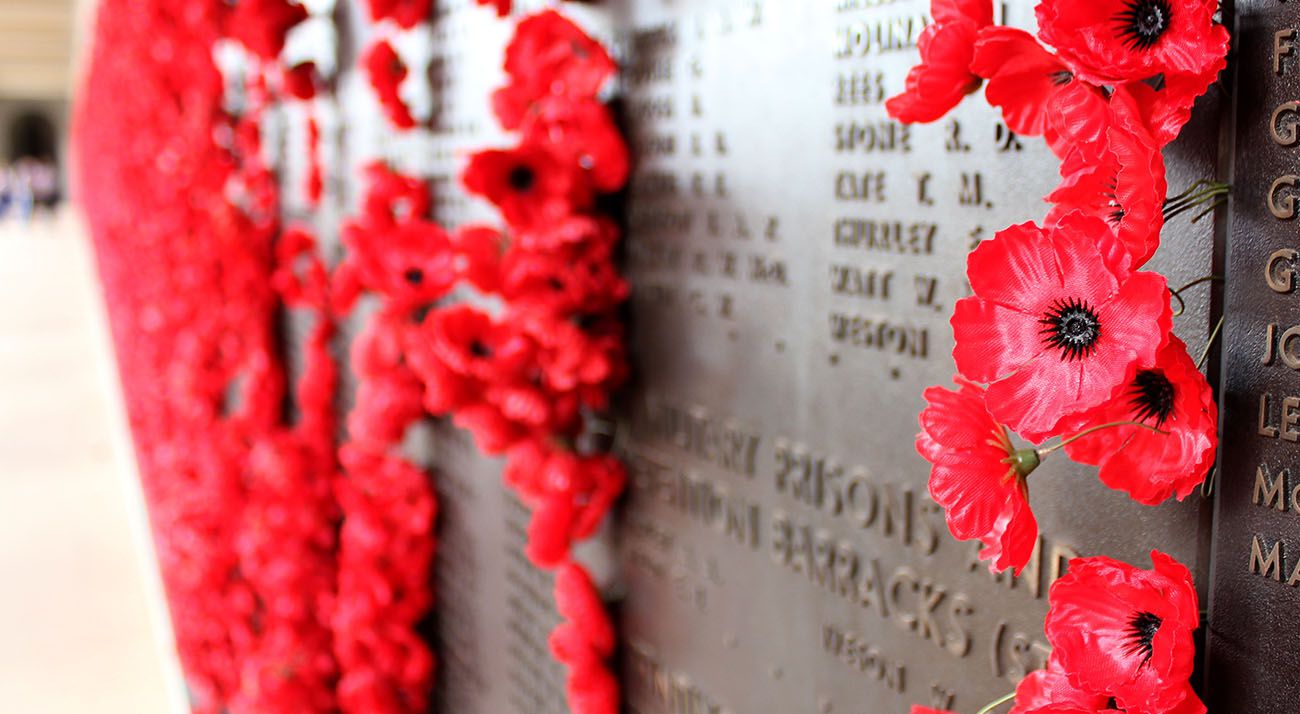As medical cannabis isn’t covered by the Pharmaceutical Benefits Scheme (PBS) yet, Australians pay large out-of-pocket fees for cannabis medications. But there is one group of Australians with access to subsidised cannabis medicines: Australia’s veterans.
Australia’s Department of Veteran Affairs (DVA) provides funding subsidies for medical cannabis patients who suffer from multiple sclerosis, chemotherapy-induced nausea and vomiting, and chronic pain. But getting this subsidy isn’t easy.
In order to apply, veterans must already be accepted onto the Therapeutic Goods Administration’s Special Access Scheme (SAS). According to this checklist, they must then submit:
- A clinical report requesting medical cannabis.
- Proof of current TGA approval for their medication.
- Proof of product approval from their State/ Territory.
- Proof they have tried other treatments and their results.
- High-quality literature supporting their medical cannabis treatment
- A written assessment from their specialist.
This is part one of the process.
After an applicant has received initial approval, they must resubmit their application with two more copies of approval from their State/Territory and product approval by the TGA. This is alongside a clinical report on their treatment outcomes and ongoing mental health reports.
While this application may seem understandable, it is bureaucratic and unnecessary, as SAS approval already rigorously accesses someones’ suitability for medical cannabis.
Critics have also pointed out another major problem with the DVA medical cannabis scheme.
According to guidelines on the DVA website, veterans cannot receive medical cannabis funding for any mental health conditions.
DVA will decline funding for medical cannabis when: the submission is for a mental health condition.
Although it is not 100% clear, it appears that this remains the case even if other options have been exhausted and a doctor recommends the treatment.
This means veterans using medical cannabis for mental health conditions like PTSD, anxiety, insomnia and depression must pay for their medication out of pocket, even in cases where mental health conditions were developed as a result of serving.
Explaining this, DVA argues that they cannot cover mental health conditions because there is “limited evidence” on the effectiveness of medical cannabis.
While the research into cannabis and mental health is still budding, refusing mental health-related applications for subsidised medical cannabis without assessing the situation on a case-by-case basis seems oddly cold for an organisation dedicated to helping Australia’s veteran community.








